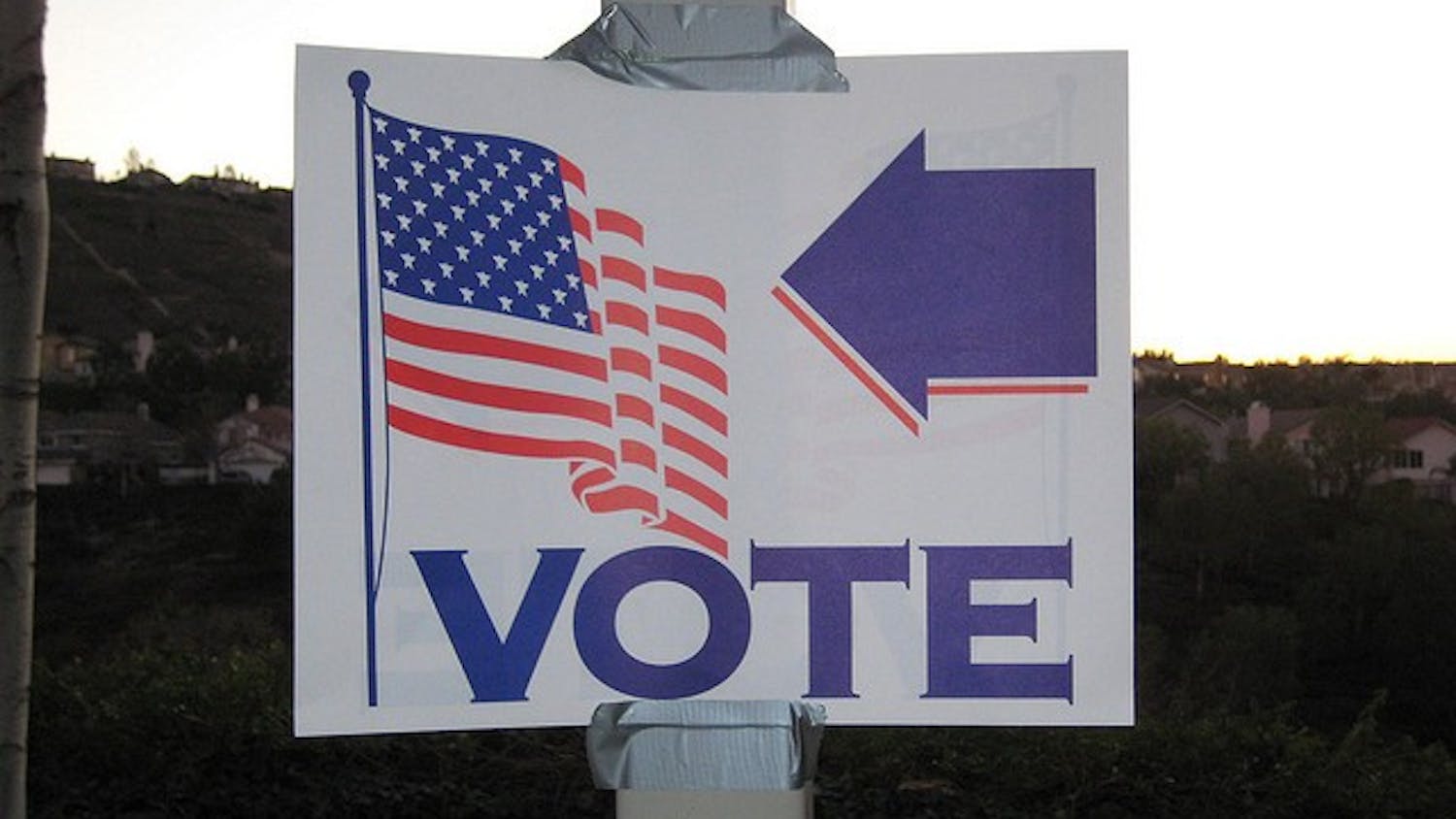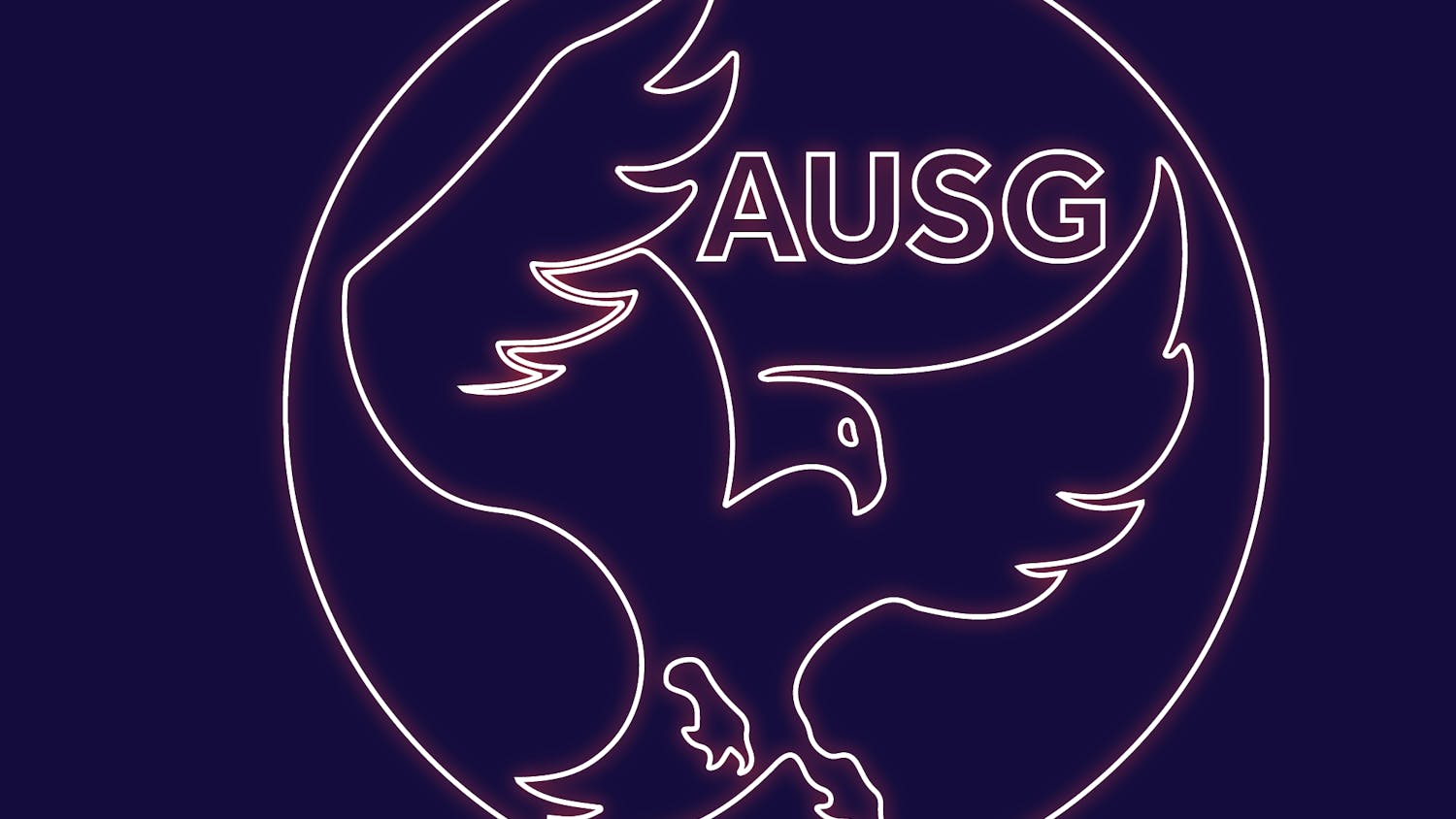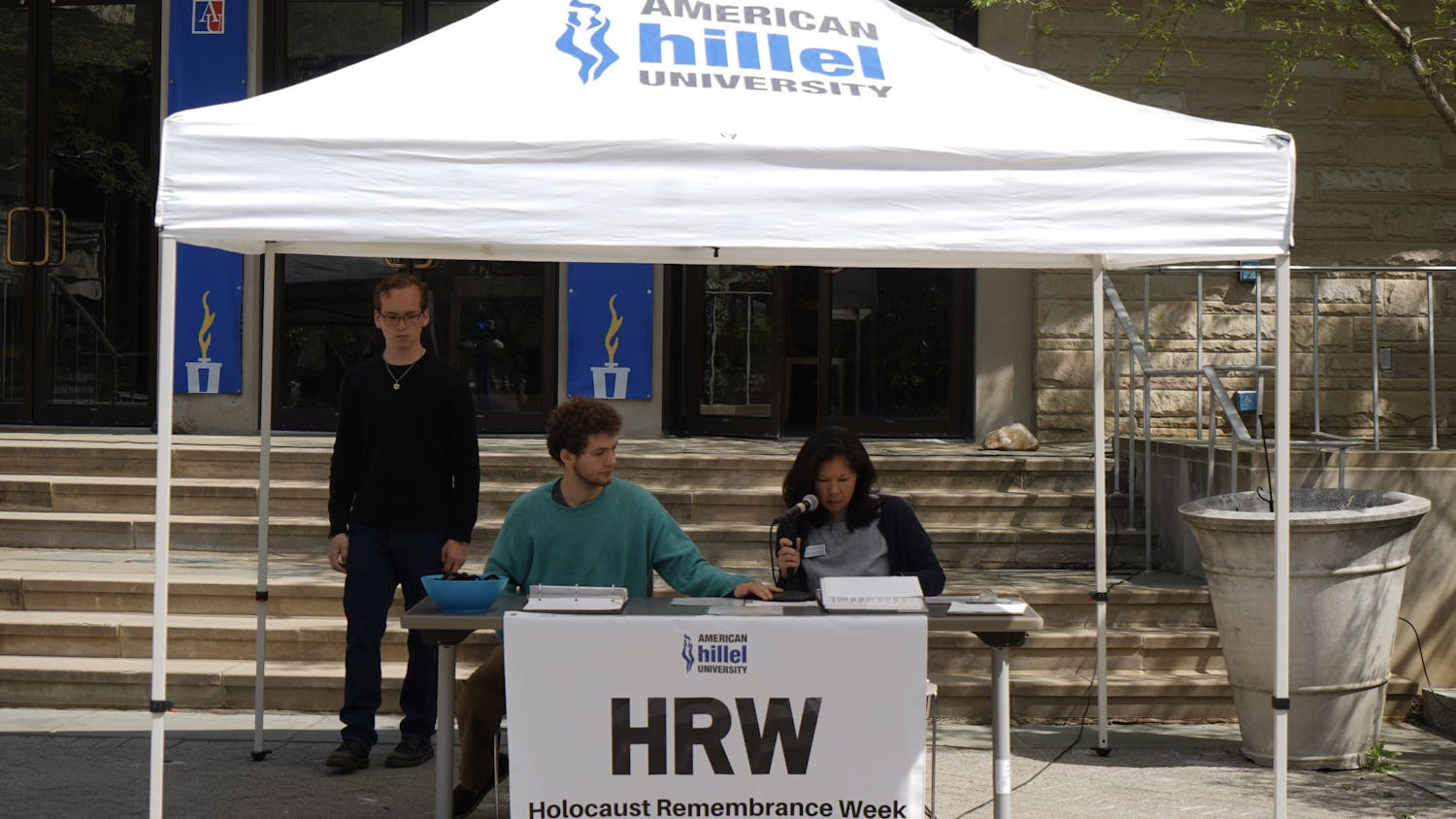A nearly completed review of AU's internal financial controls, commissioned months before former President Benjamin Ladner was ousted for misusing university funds for his personal expenses, has so far found the controls satisfactory, according to Don Myers, vice president of finance and treasurer.
The review preempts possible legislation that could require nonprofits to meet the same internal audit standards required of public corporations under the Sarbanes-Oxley Act, he said.
"We're clearly being very proactive in undertaking this" review, Myers told the Faculty Senate yesterday as part of an annual presentation on the university's finances.
Sarbanes-Oxley was created to enhance corporate accountability and was passed in response to scandals at Enron, WorldCom and other companies.
Myers said he hadn't heard of specific similar legislation pertaining to nonprofits, but he and others in the university finance profession believe regulations could be forthcoming. AU is a nonprofit under section 501(c)3 of the tax code.
The Senate Finance Committee is conducting an investigation into financial mismanagement at nonprofits after scandals at the United Way, American Red Cross and others. This Friday, AU officials, students and trustees will join Red Cross officials in a roundtable discussion with Senate staff on the issue.
Studying what went wrong
Since Ladner resigned last October, university administrators and trustees have been examining how his misspending went unnoticed for years and what changes should be made to prevent similar situations.
Some of the confusion arose from the use of Ladner's dedicated staff members-a driver, a chef and a social secretary, Myers said. Before Ladner, presidents used AU catering and secretarial services. But eight years ago Ladner asked the board to allow him to hire these employees to help him entertain guests at the official residence on Glenbrook Road.
Myers said he doesn't recall the addition of the staffers causing controversy or raising red flags, but he doesn't believe he was in the board meeting when the matter was discussed, so he wouldn't know for sure.
It was difficult for the university to differentiate when Ladner was using the staff for personal purposes or for university-related ones, Myers said. It was also difficult to tell if charges billed to the university for something generic, like food, were intended for his son's engagement party or a dinner with potential university donors.
In response to faculty members' questions about how Ladner raised no eyebrows when he charged the university $20,000 for the engagement party, Myers said that charges for different party-related items weren't necessarily made all at once.
"It was difficult for people [at the university] who were getting those weekly invoices to look at it in the aggregate," Myers said.
Finance officials also struggled with what spending was appropriate for Ladner under an employment contract signed in 1997 that let him charge AU for "entertainment and first-class travel expenses reasonably incurred in the performance of his duties as President."
Last summer some trustees argued that contract was illegitimate because the full board did not see it before it was approved, which is a requirement under board procedures, they said.
In November the board asked Myers to begin reporting quarterly to the board's Audit Committee on travel and entertainment expenses of the president and vice presidents. The board has also put forth clearer policies requiring that all members see presidential contracts before they are approved, Myers said.
AU's financial growth
The school's endowment recently surpassed $300 million and has outperformed the larger endowments of other schools, Myers told the Faculty Senate.
In a one-year period, AU's endowment, which is placed in a diverse selection of investments, earned 0.7 percent more return on investment than an average of endowments greater than $1 billion. AU's endowment has nearly doubled since 2000.
The university also jumped in Moody and Standard & Poors rankings of its overall financial health in recent years.




